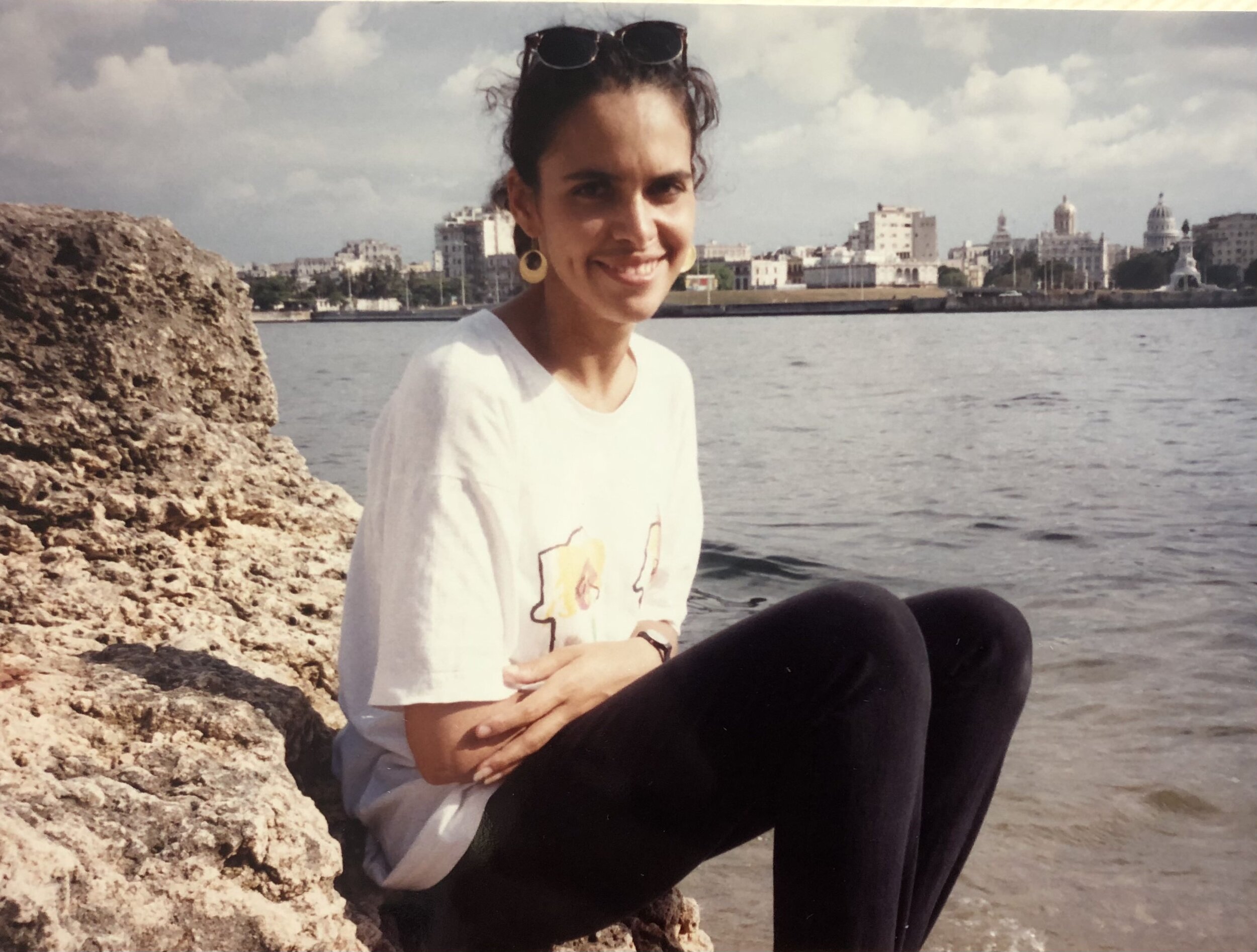
About the author
Ada Ferrer
I am Dayton-Stockton Professor of History at Princeton University. Before coming to Princeton, I taught in the History Department and the Center for Latin American and Caribbean Studies at New York University from 1995 to 2024.
My Pulitzer Prize-winning Cuba: An American History (Scribner, 2021) is a sweeping history of more than five hundred years of Cuban history, written in rousing and accessible prose and based on more than thirty years of travel to and research on the island. My first book, Insurgent Cuba: Race, Nation, and Revolution, 1868–1898, was a history of the Cuban independence movement against Spain and the central role of slavery and race in its unfolding. The book won the 2000 Berkshire Book Prize for the best first book by a woman in any field of history. My second book, Freedom’s Mirror: Cuba and Haiti in the Age of Revolution, explored the pivotal role of the Haitian Revolution in Cuba. It won the Frederick Douglass Prize from the Gilder Lehrman Center at Yale University, as well as multiple prizes from the American Historical Association.
Over the years, I’ve received support for my research from the Guggenheim Foundation, the Dorothy and Lewis Cullman Center for Scholars and Writers at the New York Public Library, the National Endowment for the Humanities, the American Council of Learned Societies, the Fulbright Commission, the Schomburg Center for Research in Black Culture, the Social Science Research Council, among others.
I was born in Cuba, left with my mother when I was ten months old, and grew up in a Cuban community in New Jersey. Cuba was always present, in one way or another. I traveled to the island for the first time in 1990, to see the place where I was born, to meet my family, and to conduct historical research in its archives and libraries. I have been going back ever since. My daughters and husband have accompanied me on many research trips. I was there when Barack Obama visited in March 2016. That same month, I traveled there with my parents. For my father, born in 1921, it was his first trip back to the island since he first left in 1962. On a very personal level, I grasp how insufficient are the many slogans and convictions about Cuba, held on both the right and left of the political spectrum. That knowledge influenced my turn to history and my desire always to place people first in the ways I tell it.
To find out more about my academic work, please see my academic c.v. here.
To find out more about my own and my family’s relationship to the Cuban Revolution, please read this “Personal History” essay, published in The New Yorker.



